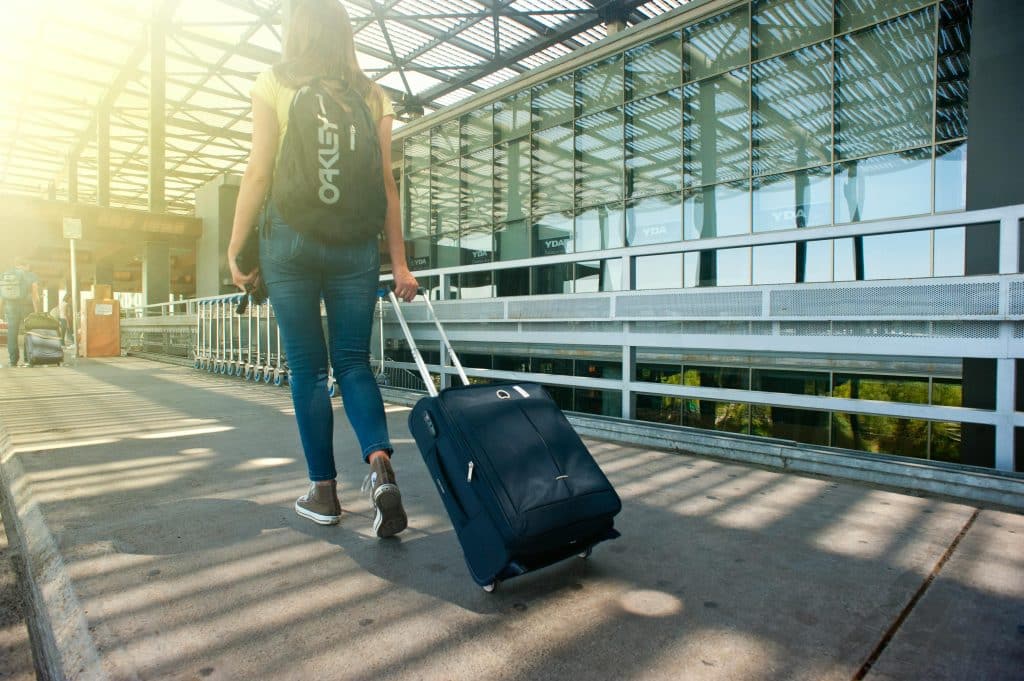Traveling sustainably is no longer just a trend—it’s becoming a necessity. As global awareness of climate change and environmental degradation grows, travelers are increasingly seeking ways to minimize their ecological footprint while exploring the world. In 2025, sustainable travel practices have evolved, offering more accessible and impactful options for conscientious explorers. This guide delves into the most effective strategies for sustainable travel, providing practical tips to help you journey responsibly.

Understanding Sustainable Travel in 2025
Sustainable travel encompasses practices that reduce the negative impact on the environment, preserve cultural heritage, and contribute positively to local communities. In 2025, this concept has expanded beyond basic eco-friendly choices to include a holistic approach that integrates environmental, social, and economic considerations.
The Rise of Conscious Consumerism
Today’s travelers are more informed and intentional about their choices. According to a report by Booking.com, 93% of global travelers express a desire to make more sustainable travel decisions, with many already implementing such practices . This shift is driven by increased awareness of the tourism industry’s environmental impact and a growing preference for experiences that align with personal values.
Innovations in Sustainable Travel
Advancements in technology and infrastructure have made sustainable travel more feasible. From AI-driven tools that optimize flight routes to eco-certified accommodations and regenerative tourism initiatives, the travel industry is embracing innovations that support sustainability. For instance, AI is being utilized to reduce aviation’s environmental impact by optimizing flight paths and minimizing contrail formation .
Practical Tips for Sustainable Travel
Implementing sustainable practices during your travels can be straightforward and rewarding. Here are some actionable strategies to consider:
1. Choose Eco-Friendly Transportation
Opt for modes of transport that have a lower environmental impact:
- Trains and Buses: In regions like Europe, rail travel emits significantly fewer carbon emissions compared to flying .
- Electric Vehicles (EVs): Renting EVs or using electric taxis reduces reliance on fossil fuels.
- Biking and Walking: These modes not only cut emissions but also offer a more intimate experience of your destination.
2. Support Sustainable Accommodations
Select lodging that prioritizes environmental stewardship:
- Eco-Certified Hotels: Look for certifications such as Green Key or EarthCheck, indicating adherence to sustainable practices.
- Off-Grid Retreats: Consider stays in solar-powered cabins or eco-lodges that operate independently of traditional energy grids .
- Community-Based Lodging: Homestays and locally owned guesthouses often have a smaller environmental footprint and contribute directly to the local economy.
3. Embrace Slow Travel
Adopt a slower pace to reduce emissions and enhance your travel experience:
- Extended Stays: Spending more time in one location reduces the need for frequent transportation.
- Immersive Experiences: Engage in local activities like cooking classes, hiking, or cultural workshops to connect deeply with the community .
4. Minimize Waste and Conserve Resources
Implement practices that reduce your environmental footprint:
- Reusable Items: Bring your own water bottle, utensils, and shopping bags to minimize single-use plastics.
- Energy Conservation: Be mindful of electricity and water usage in accommodations.
- Waste Reduction: Dispose of waste properly and participate in recycling programs when available.
5. Offset Your Carbon Emissions
For unavoidable emissions, consider offsetting through reputable programs:
- Carbon Offset Projects: Invest in initiatives like reforestation or renewable energy projects that counterbalance your travel emissions.
- Transparent Platforms: Use services that provide clear information on how your contributions are used to mitigate environmental impact.
Emerging Trends in Sustainable Travel
Several trends are shaping the future of sustainable travel:
Regenerative Tourism
Beyond minimizing harm, regenerative tourism focuses on restoring and enhancing ecosystems and communities. Travelers engage in activities that contribute positively, such as participating in conservation efforts or supporting local artisans .
Digital Detox Retreats
In response to the pervasive nature of technology, digital detox retreats offer travelers a chance to disconnect and rejuvenate. These retreats, often set in nature-rich environments, promote well-being and mindfulness by encouraging guests to unplug from digital devices .
AI-Powered Sustainable Travel
Artificial intelligence is being leveraged to create more sustainable travel experiences. AI tools assist in optimizing travel routes, reducing energy consumption in accommodations, and providing personalized recommendations that align with sustainable practices .
Conclusion
Traveling sustainably with minimal impact in 2025 is not only possible but also enriching. By making informed choices about transportation, accommodations, and activities, travelers can contribute to the preservation of the planet and its cultures. Embracing these practices ensures that future generations can enjoy the beauty and diversity our world has to offer.
References:
- Booking.com. (2025). Booking.com’s 2025 research reveals growing traveler awareness of tourism impact on communities both at home and abroad. Retrieved from https://news.booking.com/bookingcoms-2025-research-reveals-growing-traveler-awareness-of-tourism-impact-on-communities-both-at-home-and-abroad
- Reuters. (2025). How travel is getting smart, more sustainable with AI. Retrieved from https://www.reuters.com/sustainability/land-use-biodiversity/how-travel-is-getting-smart-more-sustainable-with-ai-2025-06-04
- GreenMatch. (2025). Green travel tips. Retrieved from https://www.greenmatch.co.uk/blog/green-travel-tips










 The Rise of Remote Learning in Schools
The Rise of Remote Learning in Schools 

